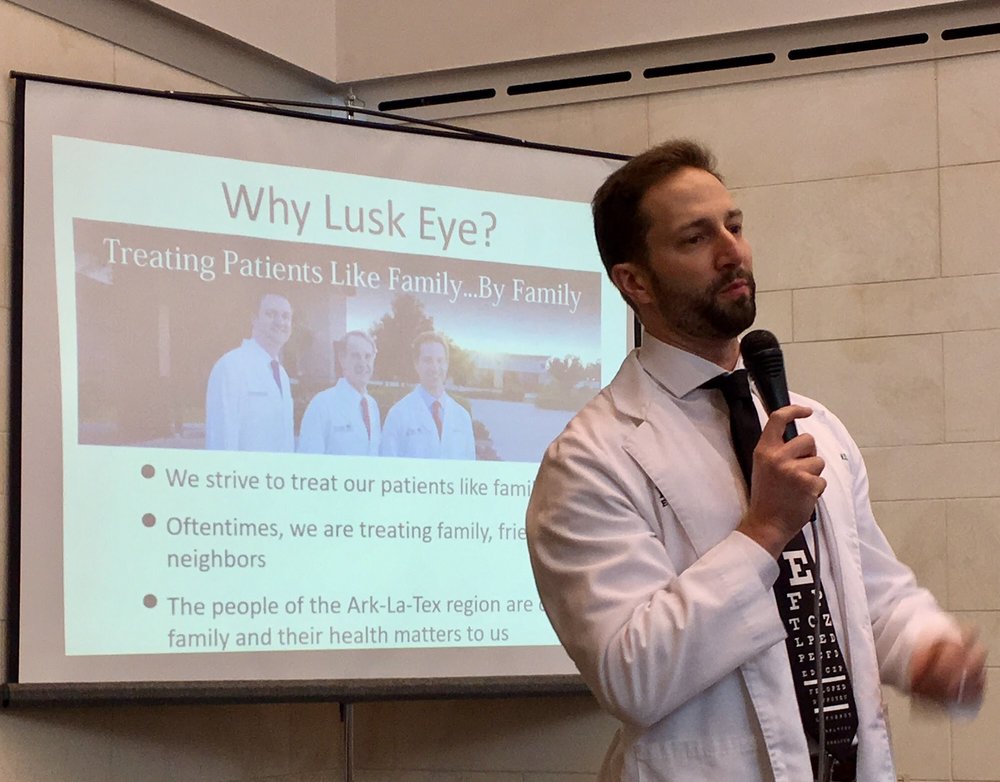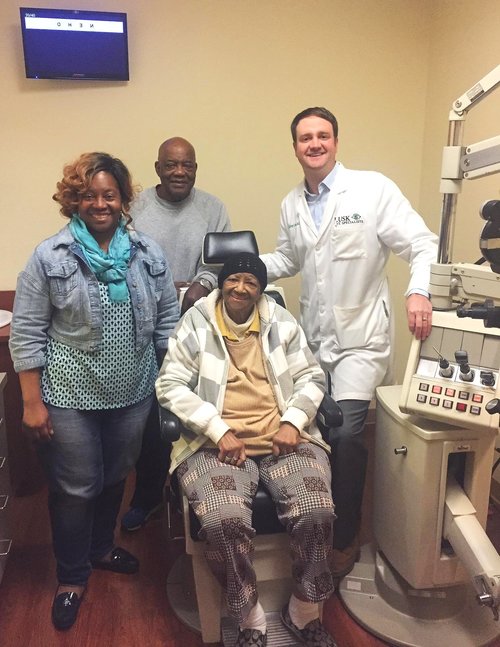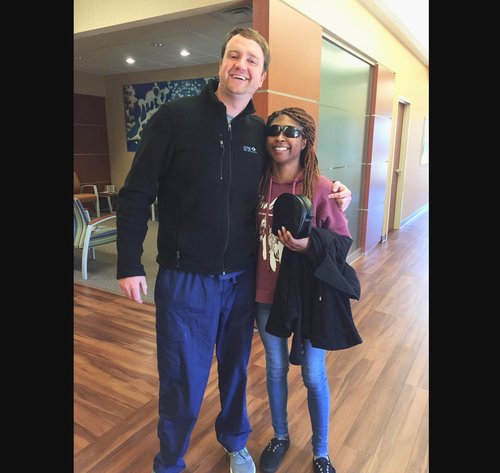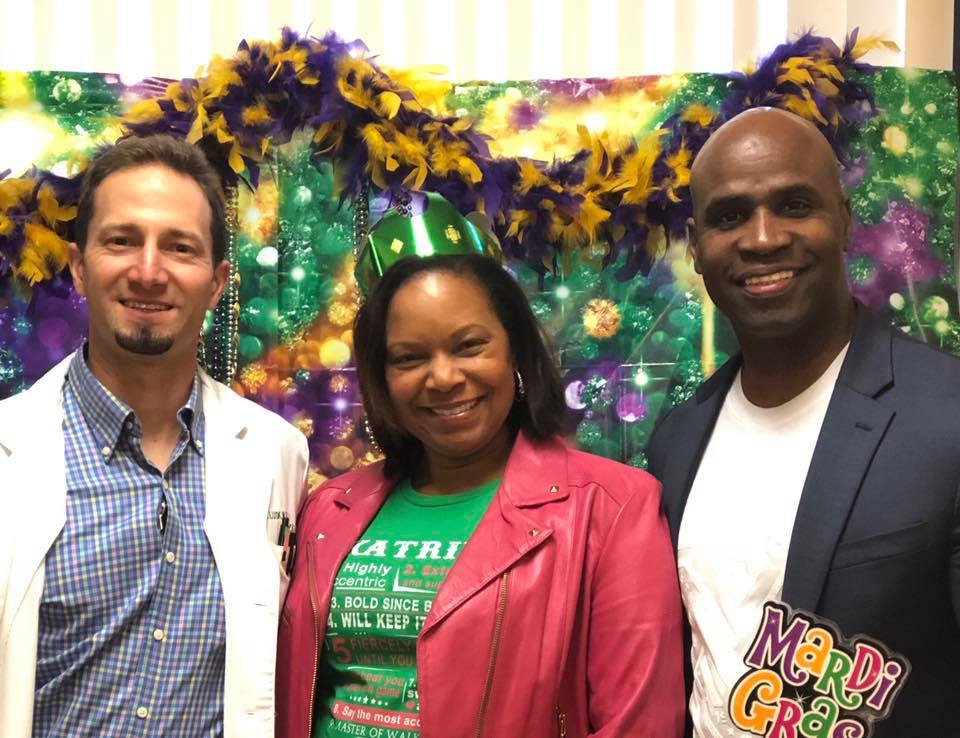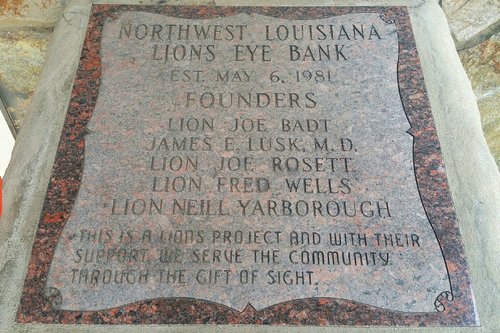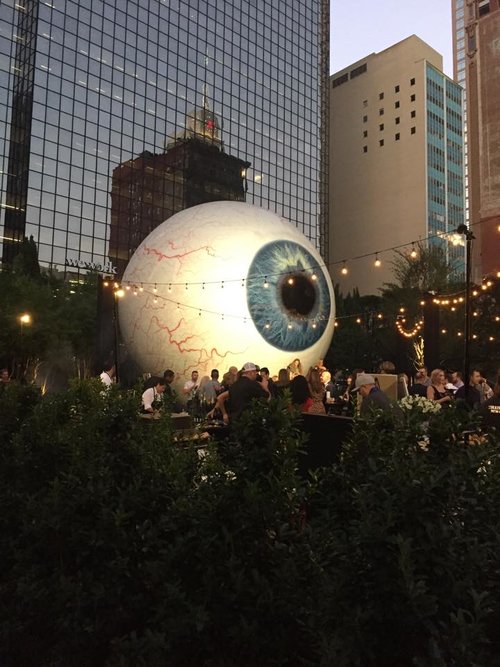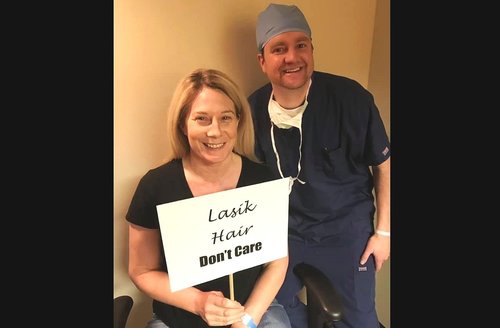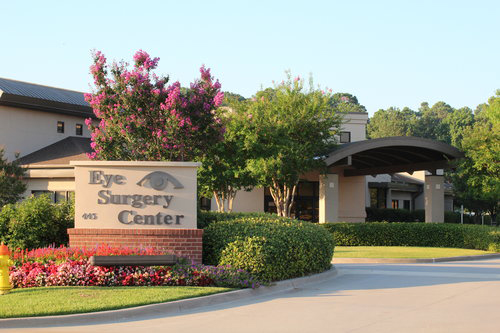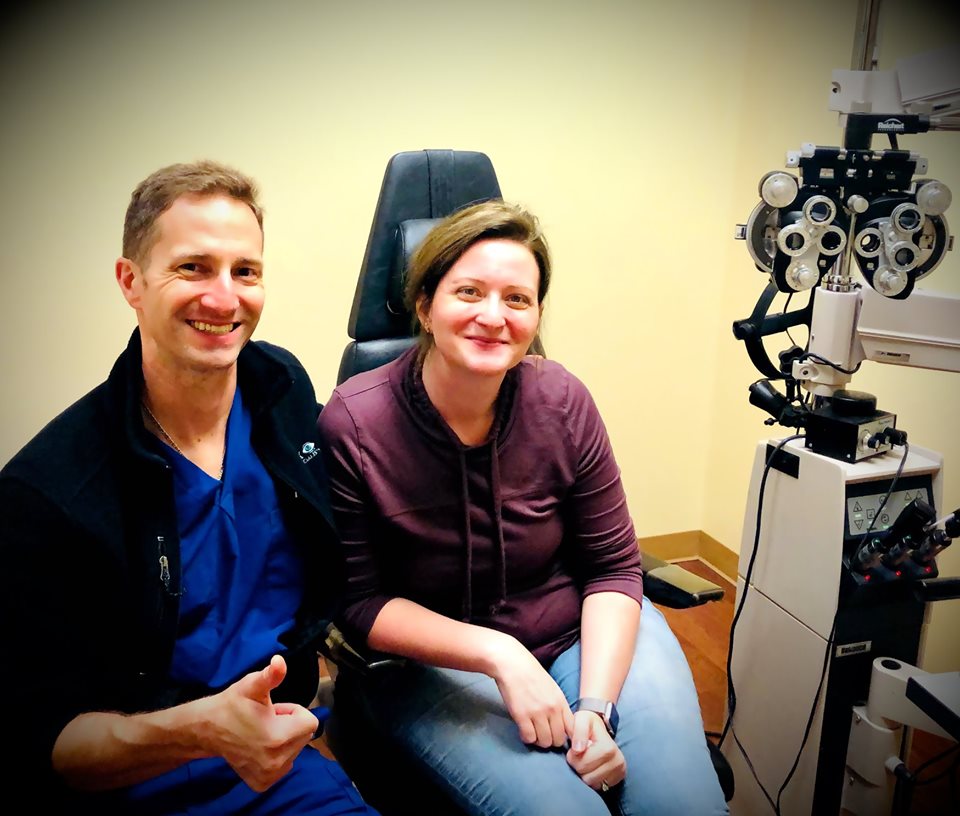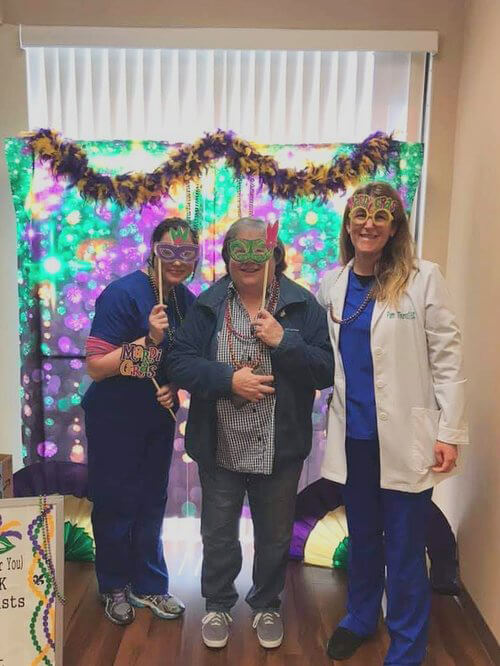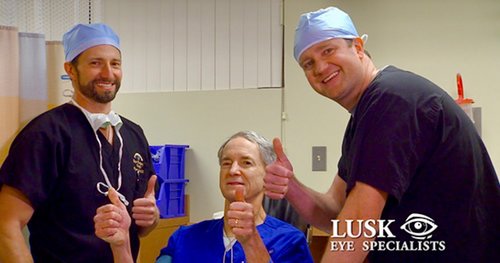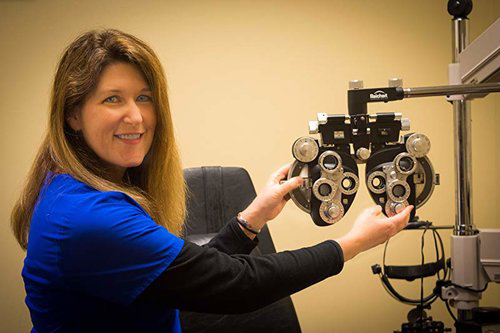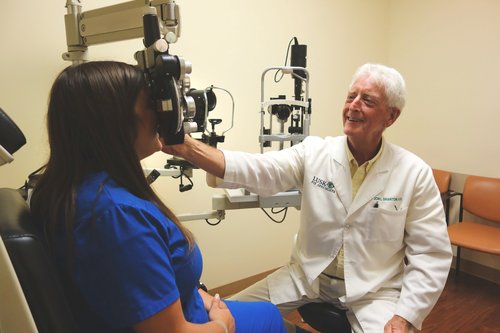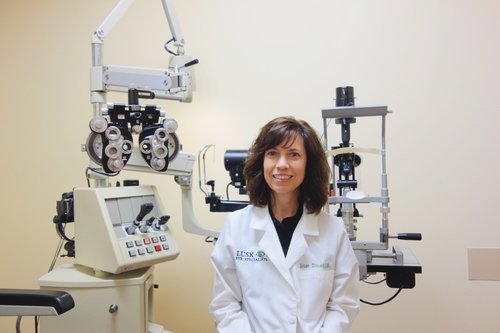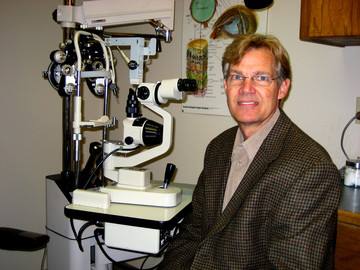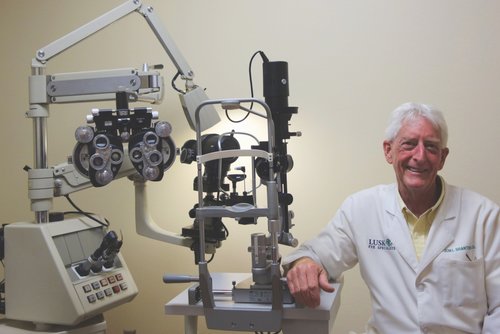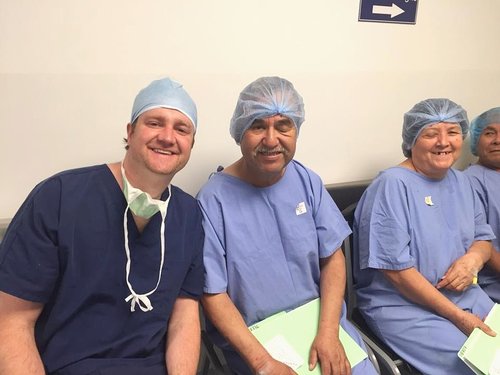Glaucoma in Shreveport-Bossier, LA: What You Need to Know
Glaucoma is a leading cause of vision loss and blindness, both in the United States and throughout the world. This is because glaucoma often causes gradual vision loss over time, meaning that many people don’t know they have the disease or don’t seek treatment until it’s too late.
What Is Glaucoma?
Glaucoma is a condition in which your optic nerve becomes damaged — the nerve responsible for sending images from your eyes to your brain that allow you to understand what you’re seeing. Glaucoma is often marked by an increase in the eye’s internal pressure (intraocular pressure, or IOP), caused by fluid buildup inside the eye.
The two most common types of glaucoma are:
- Primary Open Angle Glaucoma: The most common type of glaucoma in the US. In primary open angle glaucoma, the trabecular meshwork, your eye’s drainage tissue, becomes damaged or backed up. Over time, it slowly drains less and less fluid from the eye, increasing your eye pressure.
- Angle Closure Glaucoma: In angle closure glaucoma, the front of your eye becomes too crowded, and your iris blocks your trabecular meshwork. Depending on the severity of the blockage, this can cause pressure in your eye to rise over time, sometimes causing sudden pain and rapid vision loss.
There are numerous other causes of glaucoma, and several eye conditions or eye surgeries can lead to glaucoma. If you have glaucoma, your doctor will be able to identify which subtype you have and the best way to manage it.
What is Glaucoma?
Glaucoma is the most common disease that damages the optic nerve, the main nerve that connects the eye to the brain. It usually happens as a result of high pressure in the eye (eye pressure, not blood pressure). Typically as the eye pressure rises, the optic nerve gets damaged, making patients lose their sight. Patients will slowly lose their peripheral vision first, then the disease will take more and more of their vision and can lead to permanent blindness. In most cases, there is no pain as the vision Ioss occurs.
What Causes Glaucoma?
Glaucoma is caused by what we described above: blocked or backed up drainage paths in the eye.
However, there isn’t conclusive evidence as to why those drainage paths cause vision loss in some patients and not others. Elevated intraocular pressure is no guarantee that an eye will develop full-blown glaucoma — in fact, Lusk’s own Dr. Susan Donald had high eye pressure all throughout her childhood and never developed glaucoma!
While we don’t know precisely why glaucoma occurs, we do know that some people are more at-risk for the disease than others. These include people who:
- Have a family history of glaucoma, particularly a first-degree relative with the disease
- Have a personal history of high eye pressure
- Are older
- Are African American, Asian, or Hispanic
- Take certain medications, like corticosteroids
- Have thin corneal centers
- Have extreme refractive vision issues
- Have had an eye injury or certain eye surgeries
None of these factors guarantee that you will develop glaucoma, but if you fall into any of these groups, you should have your eyes tested with an annual eye exam.
Signs and Symptoms of Glaucoma
Many of our glaucoma patients would like to know what symptoms to look out for when it comes to glaucoma — the answer depends on the type of glaucoma you have.
Most often, glaucoma leads to gradual vision loss over time, and symptoms will depend partly on how far your glaucoma has progressed. Open angle glaucoma, the most common kind in the United States, typically starts with blind spots in your peripheral (side) vision as well as diminished contrast (your overall vision feels dimmer). This usually occurs in both eyes and in the most advanced stages it can progress to the point where only the innermost center of your vision remains, a condition commonly known as “tunnel vision”.
If you have acute angle closure glaucoma, you might experience eye pain, headaches, nausea, red eyes, and vision distortion that includes blurry vision and halos around lights. This is uncommon but if you have these symptoms, contact us immediately. All types of glaucoma can lead to irreversible damage to your optic nerve if left untreated.
Rather than looking out for early signs of glaucoma, we instead recommend that patients undergo screenings for glaucoma at least annually, especially if they fall under any of the “at-risk” categories mentioned above. One of our Shreveport-Bossier eye care experts is much more likely to catch early signs of the disease before you notice symptoms, giving you the best chance of saving your vision.
Can Glaucoma Be Stopped?
Once vision is lost from glaucoma, it can’t be reversed. That’s why it’s so important to catch it early and get started with a treatment plan built for your specific case.
Click here to learn more about how we approach glaucoma treatment at Lusk Eye Specialists.
While glaucoma can’t be cured, the progression that causes you to lose vision can often be slowed dramatically or even stopped with proper management. At Lusk Eye Specialists, we carry out customized glaucoma treatment for patients in need.
We also have technology that allows us to diagnose this and other conditions as early as possible. To schedule a screening, request an appointment or call us at (318) 222-5555.




